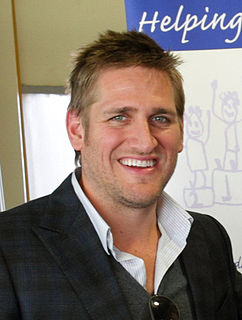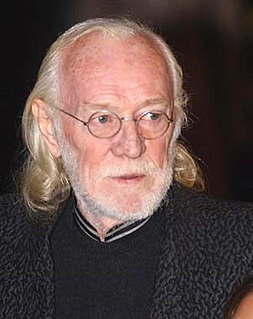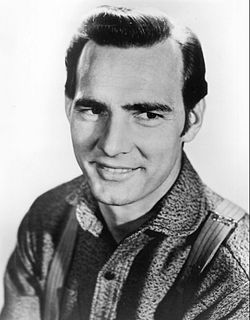A Quote by Vaclav Smil
Behind every morsel of bread, fruits, or meat is a large amount of transformed fossil fuels.
Quote Topics
Related Quotes
Rome wasn't built in a day, and we won't replace fossil fuels with clean energy based on the events of a single week, either. But the important thing to remember is that, once they happen, clean energy victories are irreversible. No one will tear down wind farms because they are nostalgic for fracking in our watersheds. And nobody will pull down their solar panels because they miss having mercury in their tuna or asthma inhalers for their kids. Because once we leave fossil fuels behind, we are never going back.
The true cost of the pollution that is being dumped into the atmosphere and manifests itself in our sick children dealing with asthma or older folks dealing with heart and lung disease from the pollutions created by the burning of these fossil fuels, may not be reflected in the prices of fossil fuels, but that does not mean we aren't paying a high price for them.
Most progressive in the Democratic Party doesn't cut it, you know. If we still can't have a health care system that provides health care as a human right, if we still cannot, you know, ban fracking and fossil fuels and move like our lives depend on it - you know, we say in the next 15 years we need to phase out fossil fuels.
Developed and benefited from the unsustainable patterns of production and consumption which have produced our present dilemma. It is clear that current lifestyles and consumption patterns of the affluent middle class-involving high meat intake, consumption of large amounts of frozen and convenience foods, use of fossil fuels, appliances, home and work-place air-conditioning, and suburban housing-are not sustainable. A shift is necessary toward lifestyles less geared to environmentally damaging consumption patterns.
We could replace people with fossil fuels, have higher and higher levels of industrialization, of agriculture, of production, without thinking of the green-house gases we were admitting, and climate change is really the pollution of the engineering paradigm, when fossil fuels drove industrialism. To now offer that same mindset as a solution is to not take seriously what Einstein said: that you can't solve the problems by using the same mindset that caused them.




































